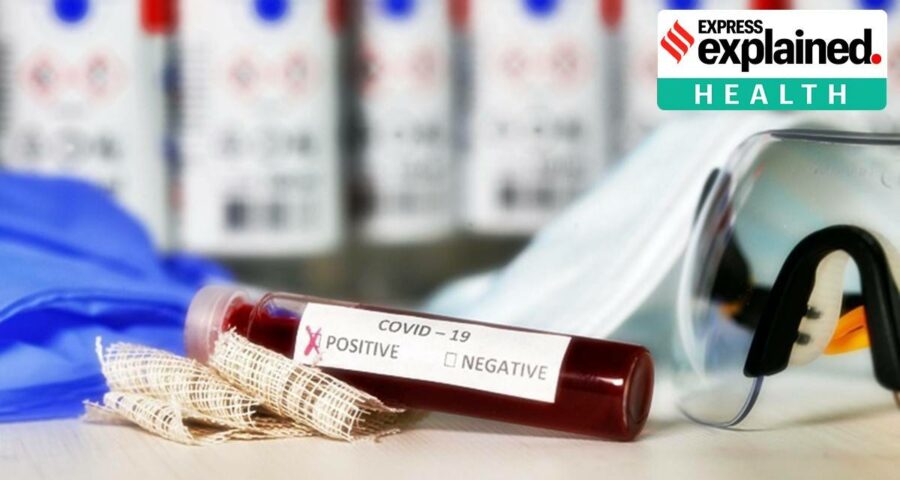Scientists at WUSTL have published a paper showing that a relatively simple and rapid blood test can predict — within a day of a hospital admission — which Covid-19 patients are at highest risk of severe complications or death.
For doctors, it is a difficult to predict which Covid-19 patients will go on to develop severe disease, including complications that require the insertion of a breathing tube, kidney dialysis or other intensive care. Knowledge of a patient’s age and underlying medical conditions can help predict such outcomes, but as the Washington University School of Medicine in St Louis (WUSTL) noted, there are still surprises when younger, seemingly healthier patients suffer severe complications that can lead to death.
Now, scientists at WUSTL have published a paper showing that a relatively simple and rapid blood test can predict — within a day of a hospital admission — which Covid-19 patients are at highest risk of severe complications or death. The study was published last week in the journal JCI Insight.
The blood test measures levels of mitochondrial DNA, a unique type of DNA molecule that normally resides inside the energy factories of cells. Mitochondrial DNA spilling out of cells and into the bloodstream is a sign that a particular type of violent cell death is taking place in the body.
The researchers evaluated 97 patients with Covid-19 at Barnes-Jewish Hospital, measuring their mitochondrial DNA levels on the first day of their hospital stays. They found that mitochondrial DNA levels were much higher in patients who eventually were admitted to the ICU, intubated or died. The researchers found this association held independently of a patient’s age, sex and underlying health conditions.
On average, mitochondrial DNA levels were about tenfold higher in Covid patients who developed severe lung dysfunction or eventually died. Those with elevated levels were almost six times more likely to be intubated, three times more likely to be admitted to the ICU and almost twice as likely to die compared with those with lower levels.
Further, the test predicted outcomes as well as or better than existing markers of inflammation currently measured in Covid patients. Most other markers of inflammation measured in patients with Covid-19, including those still under investigation, are general markers of systemic inflammation, rather than inflammation specific to cell death, according to the researchers.
The researchers said the test could serve as a way to predict disease severity as well as a tool to better design clinical trials, identifying patients who might, for example, benefit from specific investigational treatments. They also said they would like to evaluate whether the test could serve as a way to monitor the effectiveness of new therapies. Presumably, effective treatments would lower mitochondrial DNA levels.
Source: Washington University at St Louis
Source: Read Full Article


